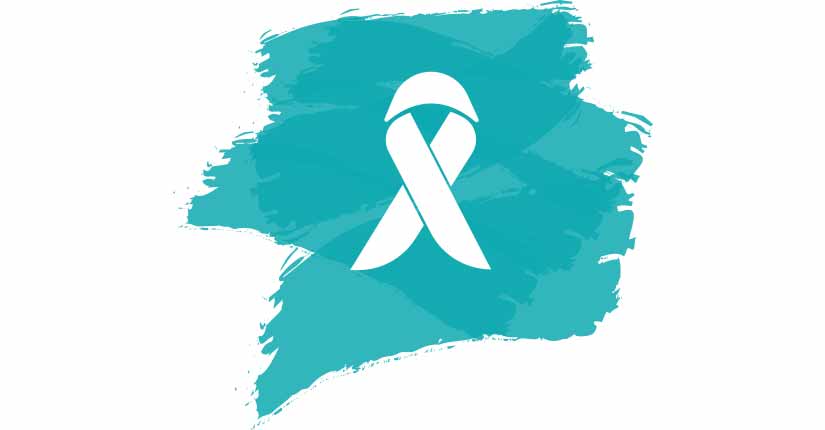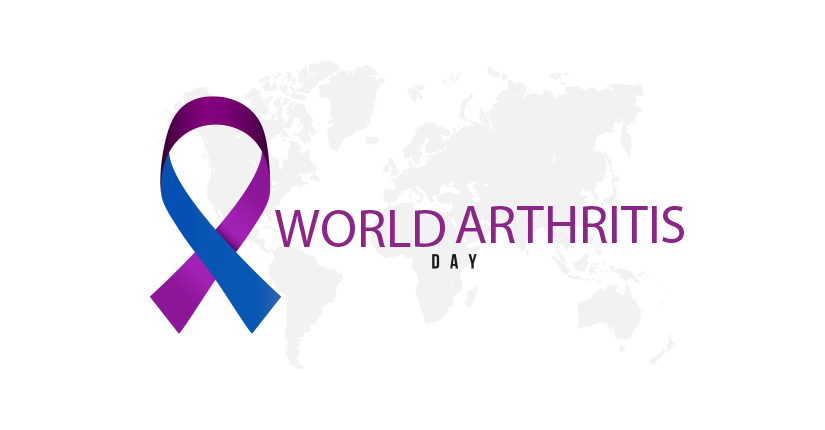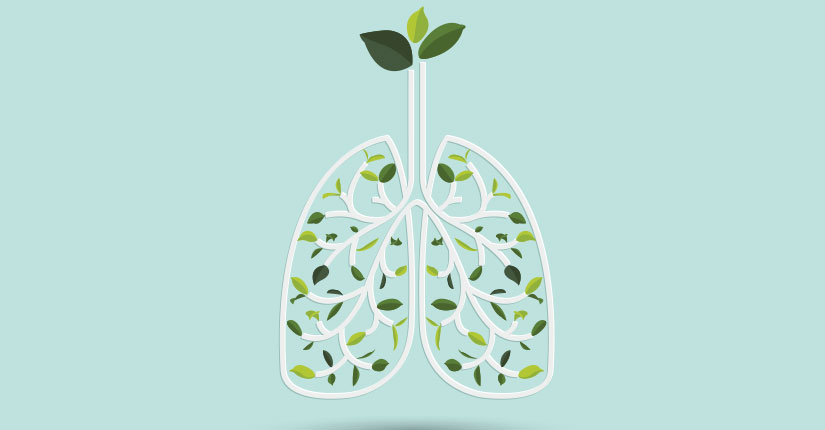Cervical Cancer, Prevention & Diagnosis
By Nmami Agarwal 05-Jan 2020 Reading Time: 6 Mins

Cervical cancer is a type of cancer which occurs in the cells of cervix which is there lower part of the uterus that connects the vagina. The strains of Human papillomavirus (HPV), a sexually transmitted infection are the ones which are said to play a major role in causing cervical cancer. In some people when this HPV is exposed to the human body, the immune system fails and the virus survives thereby developing a risk of causing some cervical cells to turn cancerous. To reduce the risk of developing this cervical cancer one must receive a vaccine that protects against HPV infection.
Cervical cancer signs and symptoms may not be seen generally during early stage. Symptoms which are observed during more-advanced stage include:
- Unexpected vaginal bleeding after intercourse, between the periods or after menopause.
- Discharge of watery, bloody and foul odor mucus from the vagina.
- Pain in lower abdomen and pelvic region during intercourse.
- This cervical cancer begins when healthy cells of cervix undergo changes or mutation in their DNA. Due to these mutations the cells grow and multiply uncontrollably which can result in tumor formation. These cancerous cells can also invade nearby tissues thereby spreading the infection in other parts of body.
- Also it is said that environmental factors or specific lifestyle choices can also became a risk factor of developing cervical cancer.
Risk factors for developing cervical cancer are:
- Having multiple sex partners is one of the cause of developing this problem.
- Getting involved in sexual activity at a younger age can also increase the risk of HPV.
- Having any kind of sexually transmitted infections can also increase the risk.
- A weak immune system due to any persisting health condition or ailment.
- Consuming tobacco, practicing smoking or exposure to any drugs to prevent miscarriage.
So follow the following tips to reduce the risk of developing cervical cancer:
- Consult your doctor and get the HPV vaccination done. Receiving a vaccination to prevent HPV infection may reduce the risk of developing cervical cancer and other HPV-related cancers. Consult your doctor and get the vaccination done to be safe.
- Get routine Pre cancer detecting test like Pap tests done. Pap tests are the test which can detect precancerous conditions of your cervix, and the situation can be monitored or treated in order to prevent occurrence of cervical cancer. Usually it is recommended to get Pap test done on yearly basis or once in two years after the age of 21.
- Follow the Practice of safe sex. One can reduce the risk of developing cervical cancer by taking several measures to prevent sexually transmitted infections, such as using a condom every time you have sex and also by limiting the number of sexual partners you have.
- Abstain from smoke and consumption of tobacco or any drugs without doctor’s prescription.
Diagnosis of Cervical cancer can be done by:
Screening tests can be done to detect the development of precancerous cells can be done to prevent the occurrence of cervical cancer. Screening tests include –
- PAP Test- In this test, the doctor scrapes out or brushes the cells out from the cervix, which are then examined in laboratory for any abnormalities.
- HPV DNA test – This test involves, testing cells collected from the cervix to check for any infection.
- If the chances of getting cervical are more, then the doctor recommends undergoing thorough examination of the cervix. This thorough examination is done by a special instrument colposcope which magnifies the cells and thereby helps doctors to check for any abnormality. This colonoscopy is done by taking a sample of cervical cells for laboratory testing.
- If the doctor determines that an individual is having cervical cancer, then the major step is to do tests to determine the extent (stage) of the cancer. Cancer’s stage is a key factor in deciding upon which treatment is required.
Over to you:
We all have heard about the very famous quote that, “prevention is better than cure” – So the same applies to your daily life as well. Therefore by taking proper precautions and by being cautious about your actions can save you from the risk of developing cervical cancer.





















